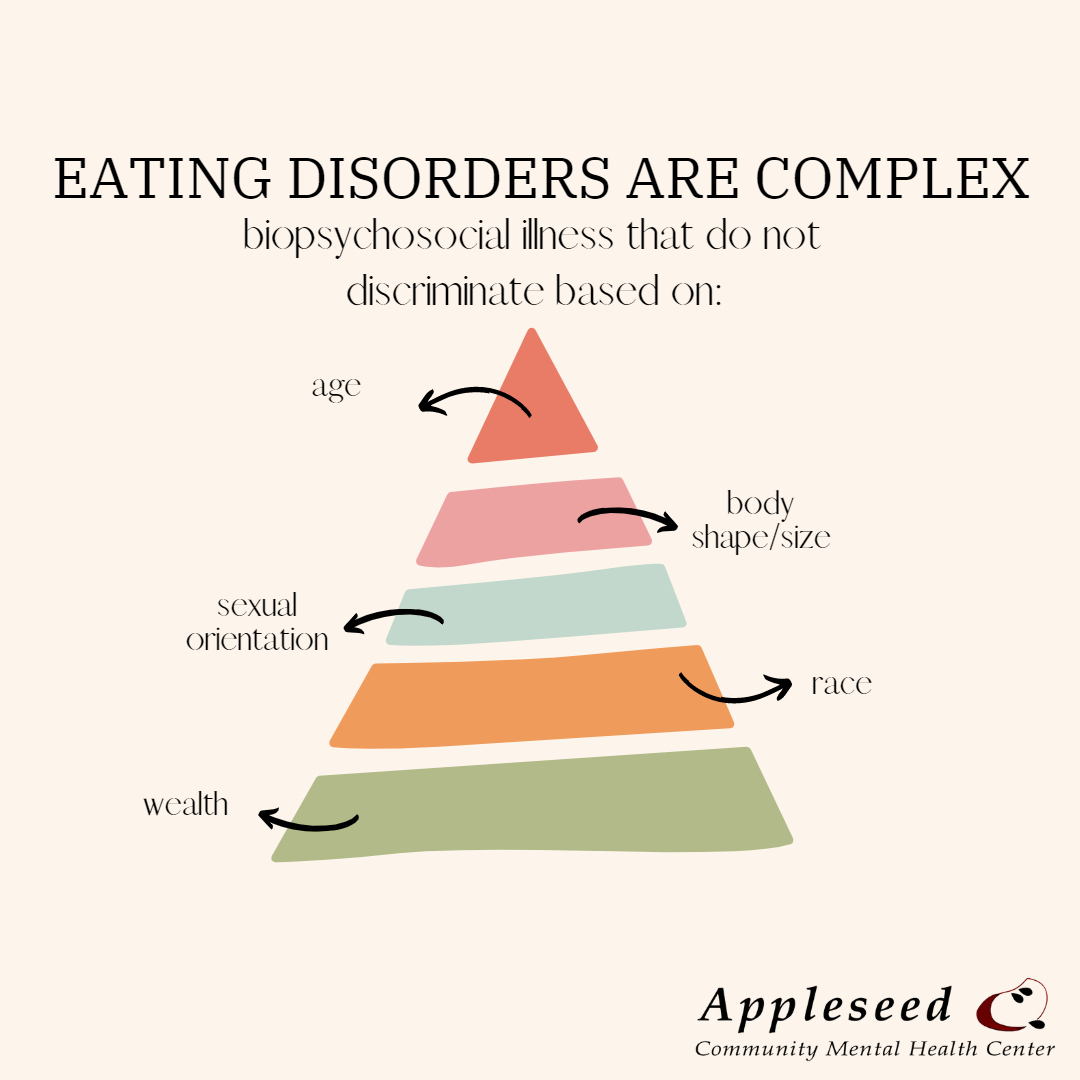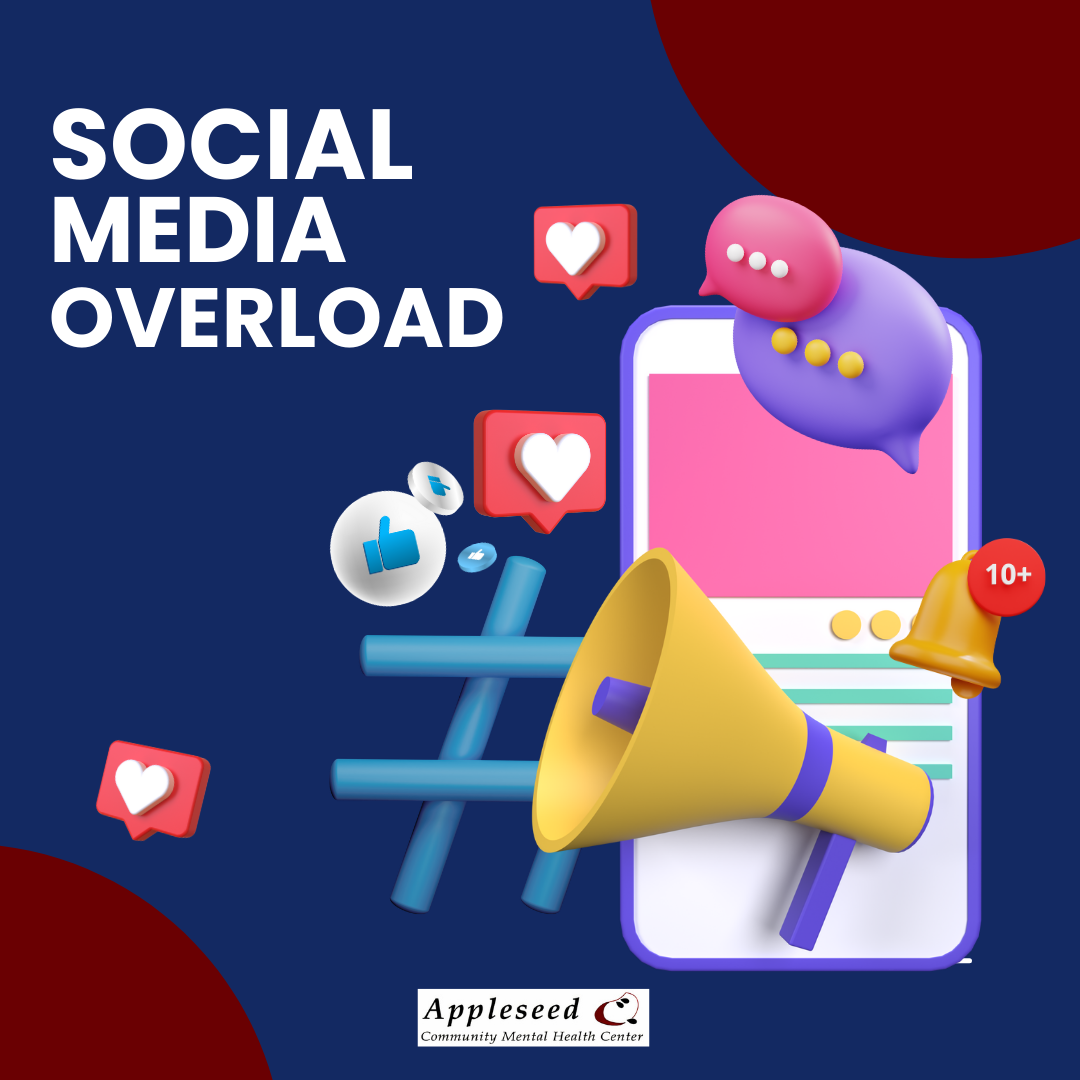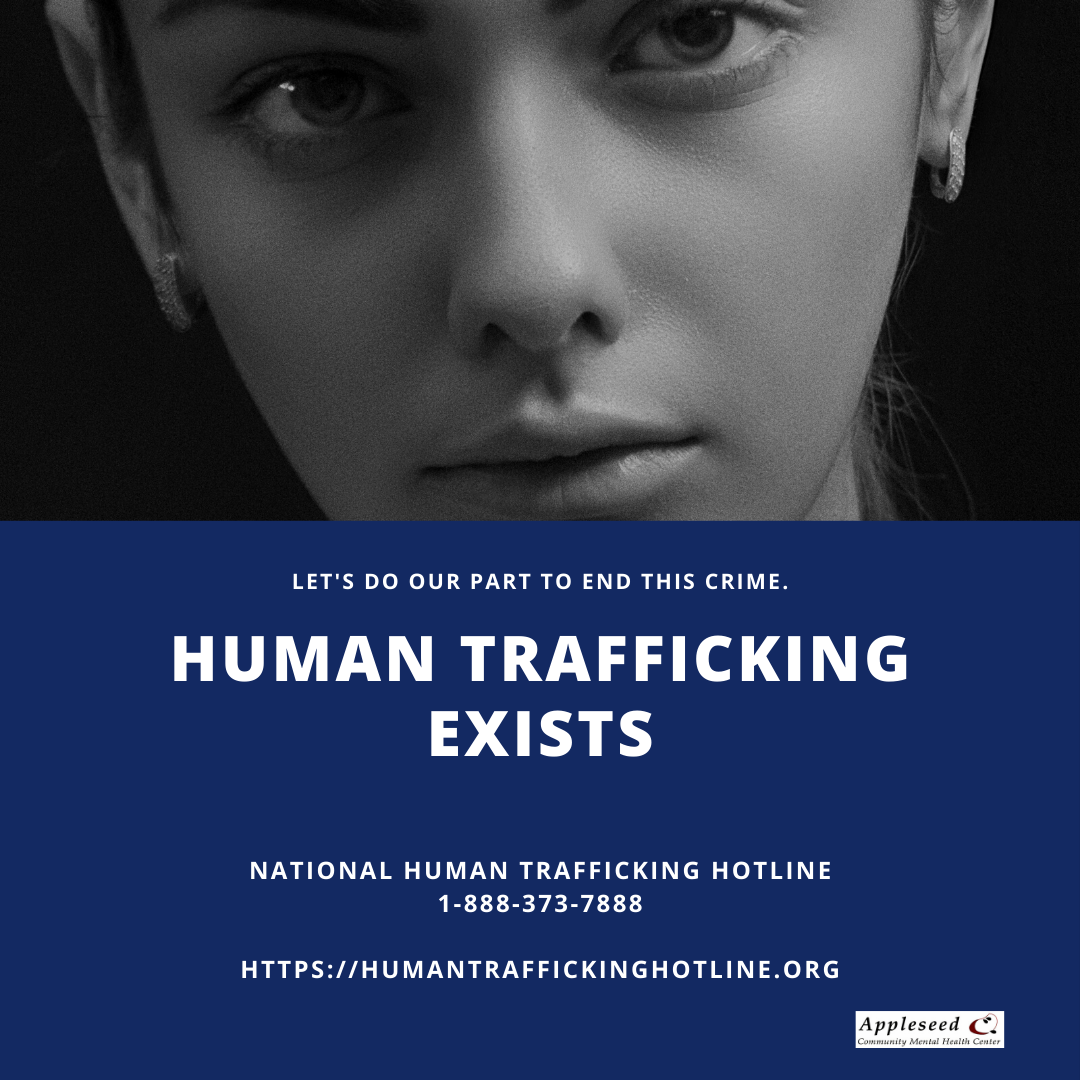April 20, 2023
According to the Sleep Foundation, there is a bidirectional relationship between sleep and mental health. Each affects the other. Improving your sleep will likely have a beneficial impact on your mental health.
March 4, 2023
March is Social Work Month. Appleseed Community Mental Health Center is helping celebrate this year’s Social Work Month with the theme “Social Work Breaks Barriers,” to highlight how social workers have enriched our society by empowering people and communities to overcome hurdles that prevent them from living life to the fullest.
March 3, 2023
March 3 is the National Day of Unplugging. It is a 24 hour period from sundown today to sundown tomorrow, to carve out time to unplug, relax, reflect, be active, visit the outdoors, and connect with loved ones.
March 2, 2023
March 2 is world-teen-mental-wellness-day. The Hollister company founded this day is 2020 to raise awareness of adolescent mental health issues. Surveys and research studies indicate that Teens and college students are more anxious now than they have ever been. Fortunately, depression and anxiety are things that we can tackle.
March 1, 2023
The first day of March is also self-injury awareness day. People who engage in self-injurious behavior are experiencing emotional distress. The American Psychological Association reports that 15% of college students, 17% of teens self-harm while 5% of adults may do so over their lifetime.
February 27, 2023
Today begins Eating Disorder Awareness Week. Eating disorders are complex issues that cause people to have excessive fear and anxiety about eating, body image, and weight. Three of the most identified eating disorders are binge eating disorder, bulimia nervosa, and anorexia nervosa.
January 30, 2023
Social media is a way we can stay in touch with our friends and family, but overuse and overreliance is strongly correlated to poor mental health.
January 23, 2023
Being stalked by another human being is a frightening and traumatic experience. Stalking victims suffer higher rates of depression--anxiety-insomnia-and-relationship issues.
January 17, 2023
According to HumanTraffickingHotline.org, Human trafficking can happen to anyone but some people are more vulnerable than others.
January 16, 2023
Today we remember the life of Dr. Martin Luther King Jr. Many things he said over the course of his life can help us all live more fulfilling and resilient lives.
January 3, 2023
One of the most important and powerful ways to improve your mental health is to work on improving your relationships. Healthy relationships are characterized by trust and honesty.
November 28, 2022
To counter your stress, try deep breathing, physical exercise, yoga, mindfulness, or journaling These activities help-your-body-regulate the stress hormones that have been released and help you feel more relaxed.
Copyright © 2025 Appleseed Mental Health. All rights reserved.


















